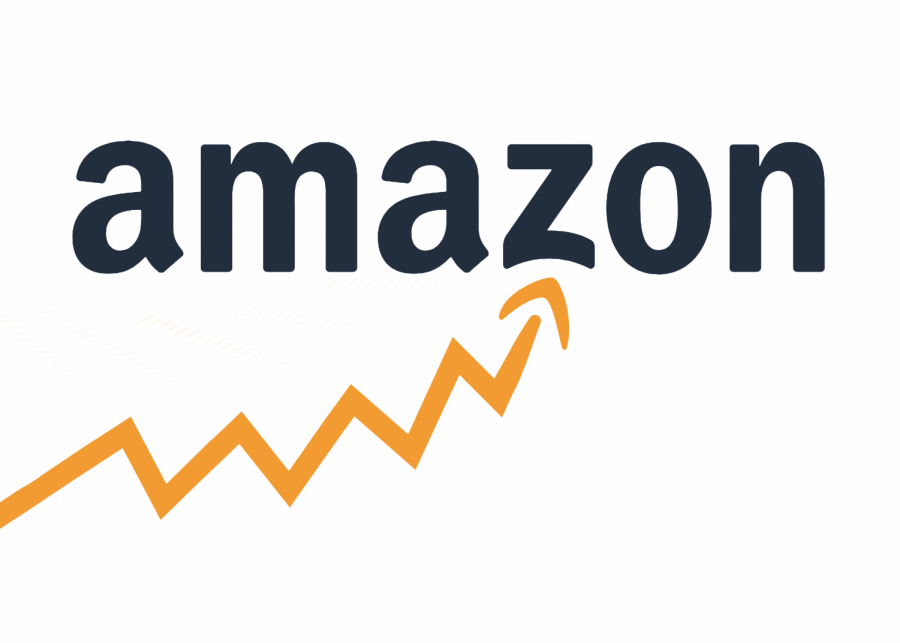Monopolization of an industry: Amazon
September 19, 2019
Monopolies are commonly thought of as issues of the past. Andrew Carnegie, J.P. Morgan and John D. Rockefeller were considered the most powerful men of their time, enough so that they manipulated the presidential election of 1896. Even though the Sherman Antitrust Act of 1890 technically outlawed the common format of a monopoly, many economists are saying that America is facing a new era of monopolistic rule. A few major contenders come to mind: Disney, Facebook, Google, etc. But perhaps no company is more closely approaching monopoly status than Amazon — and their most recent moves only confirm that travel path.
Jeff Bezos’ e-commerce giant has recently ended its partnership with longtime shipping ally FedEx, paving the way for complete vertical integration of the Amazon supply chain from factory to front-door. Amazon’s split with FedEx came as no surprise to those who are tuned into the news, especially considering that, since 2013, Amazon has increased their total number of storing and delivery facilities from a measly 65 to over 400. This proliferation had increasingly made the FedEx partnership precarious, with many customers opting for the same-day delivery that only Amazon facilities can provide. This phenomenon is reflected in the increase of Amazon-handled orders from 2017, when 15 percent of orders were handled by the company, to 2018, when that figure raised to about half. Amazon accomplishes this feat by strategic targeting of its locations, concentrating in large population centers with easy access to the environs and suburbs nearby. If Amazon continues to expand in this way, courier delivery services such as FedEx and UPS could potentially be rendered obsolete, leaving only Amazon standing.
What does this mean? If Amazon conquers the delivery aspect of online retail, they will have precedence over all pricing decisions for shipping and handling. Hypothetically this grants them the power to raise – or lower – industry prices as they please. Once that is complete, Amazon will not need to improve the quality of their product, as they would essentially be the only option for consumers.
Barring the general population of the United States individually consenting to cut back on their Prime use, the government is really the only entity capable of preventing Amazon’s continued industrial ascendancy. There is little reason to be optimistic on this front, considering that the 1890 Antitrust Act has laid dormant since the Reagan administration. However, many of the Democratic presidential front-runners in the 2020 election have made it a point to condemn a number of modern monopolistic practices of the Information Age; the Warren campaign, for instance, has specified Google, Facebook and Amazon as primary offenders. Warren lined up a proposal which would empower regulators to break up these companies, arguing that they have “too much power over our economy, our society and our democracy,” just as Carnegie, Morgan and Rockefeller did during the Gilded Age.
It is the government’s duty to protect citizens from these companies who pursue total control in their industries. Amazon’s expansion may not come to an immediate threat, but monopolies of the past have led to strikes, riots and even deaths of employees. Unless the government wants history to repeat itself, it is time that they split up these large companies once and for all. Amazon was once an example of capitalism at its finest, but now corporate greed has overtaken it.






















